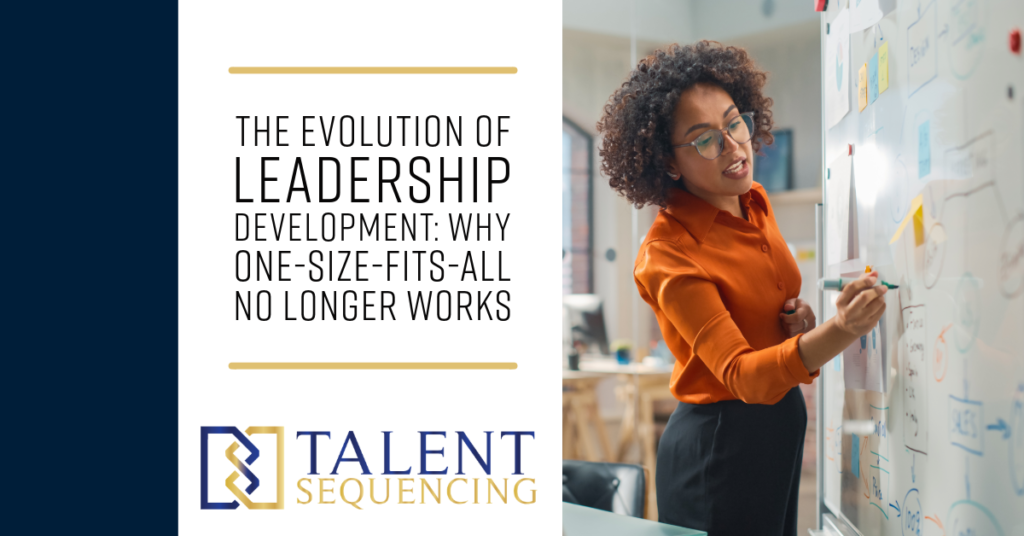
In today’s rapidly changing business landscape, leadership is more crucial than ever. However, the methods used to develop effective leaders have struggled to keep pace with the demands of the modern workplace. Traditional leadership development programs often rely on a one-size-fits-all approach, offering standardized training that fails to account for the unique challenges and strengths of individual leaders. As organizations strive to stay competitive, it’s becoming increasingly clear that these outdated methods no longer suffice.
The rise of personalized and programmatic learning reflects a broader shift in leadership development. Rather than treating all leaders the same, these new approaches recognize that each leader has a distinct set of skills, experiences, and aspirations. By tailoring learning paths to the specific needs of each individual, organizations can cultivate more effective, adaptable leaders who are better equipped to navigate the complexities of today’s business environment.
A key driver of this evolution is the recognition that leadership is not a static skill but a dynamic process that requires ongoing development. In the past, leaders might have attended a few workshops or completed a set training course, then returned to their roles with little follow-up. Today, however, the most successful organizations understand that leadership development must be continuous, with learning opportunities integrated into daily work life. Programmatic learning, which offers structured yet flexible development paths, ensures that leaders are constantly refining their skills and adapting to new challenges.
Moreover, the shift away from a one-size-fits-all model is also a response to the diverse needs of today’s workforce. Different industries, company cultures, and leadership styles require different approaches to development. For example, a leader in a tech startup might need to focus on innovation and agility, while a leader in a more established company might need to prioritize change management and long-term strategic thinking. By customizing leadership development programs, organizations can ensure that their leaders are prepared to meet the specific demands of their roles.
In conclusion, the evolution of leadership development reflects a broader trend toward personalization in the workplace. As businesses continue to evolve, the need for adaptable, well-rounded leaders will only grow. Programmatic learning, with its focus on individualized development paths and continuous improvement, offers a powerful solution to the limitations of traditional, one-size-fits-all programs. By embracing this approach, organizations can cultivate leaders who are not only capable of managing today’s challenges but are also prepared to drive success in the future.
